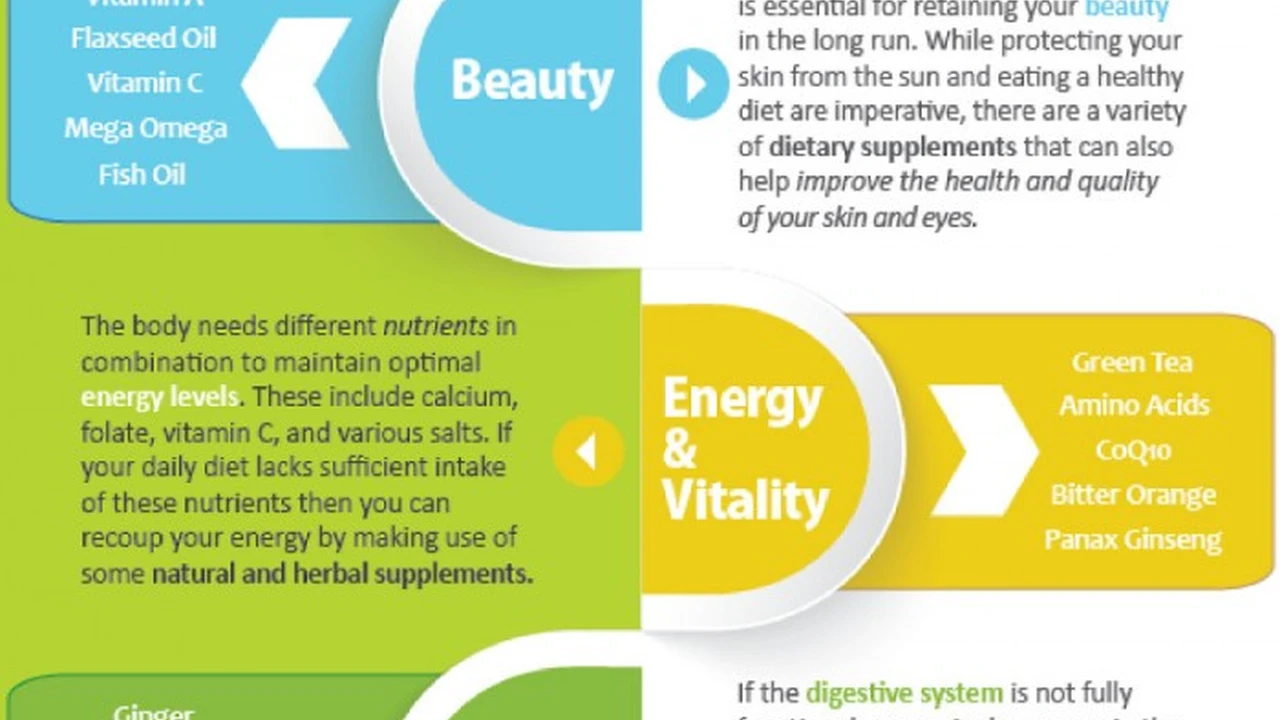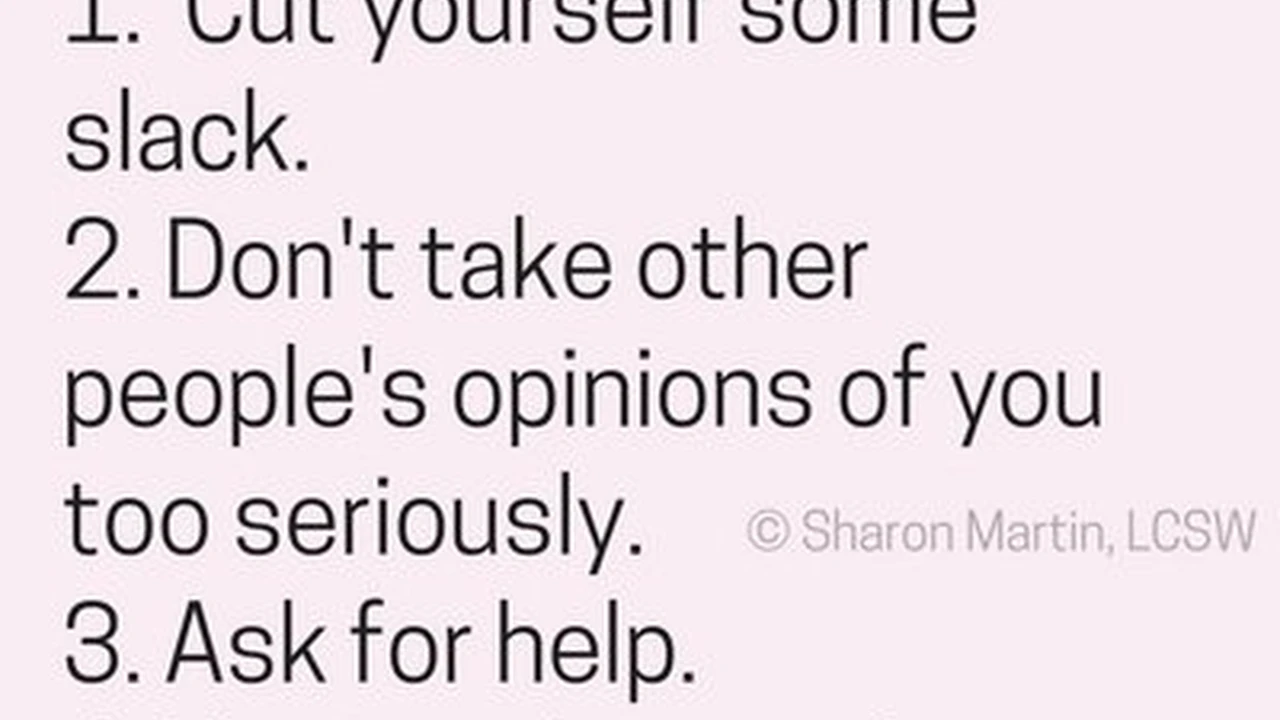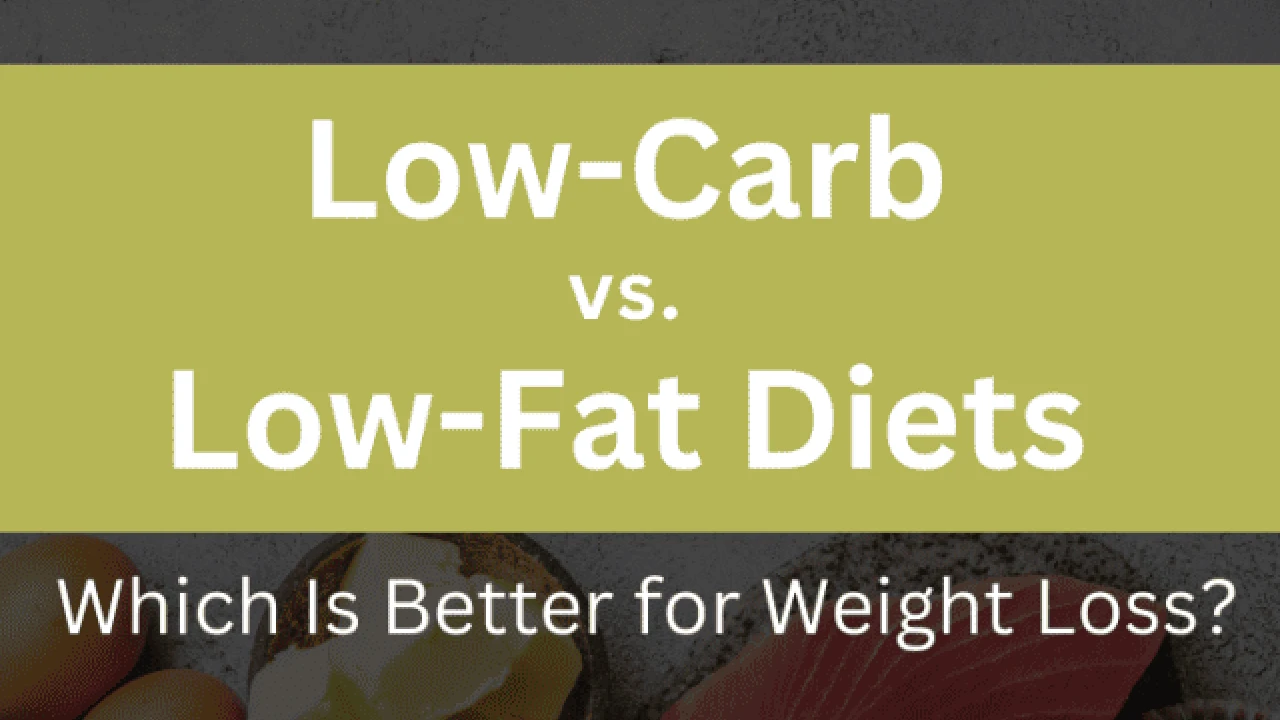The Pros and Cons of Supplements for Disease Prevention
Sample meta description.

Understanding Supplements for Disease Prevention Key Considerations
Alright, let's dive into the world of supplements and how they relate to keeping diseases at bay. It's a topic riddled with hype, hope, and a whole lotta marketing. We're gonna cut through the noise and look at the real deal – the good, the bad, and the potentially useless. Before we get too deep, remember I'm not a doctor. This isn't medical advice. Always chat with your healthcare provider before popping pills and powders based on something you read online (even this!). We're talking general knowledge and things to consider.
The Potential Benefits of Supplements for Disease Prevention A Closer Look
Okay, so what's the upside? Why do so many people swear by supplements? Well, the core idea is that supplements can fill nutritional gaps. Maybe you're not eating enough fruits and veggies (guilty!), or maybe you have a condition that makes it harder to absorb certain nutrients. Supplements *could* help bridge that gap. Think of it like patching holes in a dietary dam to prevent a nutritional flood. But remember, supplements are meant to *supplement* – not replace – a healthy diet. They're the sidekick, not the superhero.
Certain supplements have been linked to specific health benefits. For example, Vitamin D is crucial for bone health and immune function. Omega-3 fatty acids are linked to heart health and brain function. Folic acid is important during pregnancy to prevent neural tube defects. But the key word here is "linked." These associations don't automatically mean that popping a pill will guarantee you'll avoid disease. It's more complex than that.
The Risks and Drawbacks of Supplement Usage Important Warnings
Now for the less glamorous side of things. Supplements aren't always sunshine and rainbows. One of the biggest risks is lack of regulation. The supplement industry in many countries isn't as tightly regulated as the pharmaceutical industry. This means that the ingredients listed on the label might not be exactly what's inside the bottle. Yikes! You could be getting a lower dose than you think, or worse, you could be getting something completely different – and potentially harmful.
Another risk is potential interactions with medications. Some supplements can interfere with how your body processes drugs, making them less effective or even dangerous. For example, St. John's Wort can interact with antidepressants and blood thinners. That's why it's crucial to tell your doctor about *all* the supplements you're taking, even if they seem harmless.
And let's not forget about the possibility of side effects. Even seemingly benign supplements can cause digestive issues, headaches, or other unpleasant symptoms. High doses of certain vitamins can even be toxic. More isn't always better when it comes to supplements.
Supplement Recommendations Specific Products and Usage Scenarios
Okay, so you're still interested in exploring supplements? Let's talk about some specific options and when they might be appropriate. Again, this is *not* personalized medical advice. Talk to your doctor!
Vitamin D Sunlight Deficiency Solutions
Product: Nordic Naturals Vitamin D3 1000 IU Softgels
Usage Scenario: People who live in northern climates, have limited sun exposure, or have darker skin are often deficient in Vitamin D. A daily supplement can help maintain healthy levels.
Comparison: Many brands offer Vitamin D3 supplements. Nordic Naturals is known for its high-quality ingredients and rigorous testing. Other options include NOW Foods and Nature Made. Look for Vitamin D3 (cholecalciferol), which is the form that your body uses most effectively.
Price: Around $15 for a bottle of 120 softgels.
Omega-3 Fatty Acids Heart Health Essentials
Product: Viva Naturals Triple Strength Omega-3 Fish Oil
Usage Scenario: People who don't eat a lot of fatty fish (like salmon, tuna, and mackerel) may benefit from an Omega-3 supplement. Omega-3s are important for heart health, brain function, and reducing inflammation.
Comparison: Fish oil supplements can vary in their EPA and DHA content (the two main types of Omega-3s). Viva Naturals has a high concentration of both. Look for supplements that are third-party tested for purity and potency to ensure you're getting a quality product. Krill oil is another option, but it's generally more expensive.
Price: Around $30 for a bottle of 180 softgels.
Probiotics Gut Health and Immunity Boost
Product: Culturelle Digestive Daily Probiotic
Usage Scenario: Probiotics can help support a healthy gut microbiome, which is important for digestion, immunity, and overall health. They can be particularly helpful after taking antibiotics or during periods of stress.
Comparison: There are many different strains of probiotics, and each strain has different benefits. Culturelle contains *Lactobacillus rhamnosus GG*, which is one of the most well-studied strains. Other popular options include Align and Garden of Life. Look for a probiotic with a high CFU count (colony-forming units) and choose a strain that's appropriate for your specific needs.
Price: Around $25 for a box of 30 capsules.
Magnesium Muscle Function and Sleep Support
Product: Natural Vitality Calm Magnesium Powder
Usage Scenario: Magnesium is involved in hundreds of bodily functions, including muscle function, nerve function, and sleep regulation. Many people are deficient in magnesium. The powder form is easily absorbed.
Comparison: Magnesium comes in various forms. Magnesium citrate is often used for constipation relief, while magnesium glycinate is gentler on the stomach. Magnesium oxide is less well-absorbed. Natural Vitality Calm uses magnesium citrate. Other options include Doctor's Best High Absorption Magnesium.
Price: Around $20 for a 8-ounce container.
Navigating the Supplement Aisle Making Informed Choices
So, how do you navigate the overwhelming world of supplements? Here are a few tips:
* Do your research: Don't just believe the marketing hype. Look for unbiased information from reputable sources, such as the National Institutes of Health (NIH) or the Mayo Clinic. * Talk to your doctor: Seriously, this is crucial. Your doctor can help you determine if you have any nutritional deficiencies and whether supplements are right for you. * Choose reputable brands: Look for brands that are third-party tested for purity and potency. This means that an independent organization has verified that the ingredients listed on the label are actually in the product and that the product is free from contaminants. * Start low and go slow: When trying a new supplement, start with a low dose and gradually increase it as tolerated. This will help you minimize the risk of side effects. * Pay attention to your body: If you experience any negative side effects, stop taking the supplement and talk to your doctor. * Remember, food first: Supplements should be considered a *supplement* to a healthy diet, not a replacement. Prioritize eating a variety of nutrient-rich foods. * Be wary of miracle cures: If something sounds too good to be true, it probably is. There is no magic pill that will instantly cure all your ills. * Check expiration dates: Supplements can degrade over time, so make sure to check the expiration date before taking them. * Store supplements properly: Store supplements in a cool, dry place, away from direct sunlight. * Consider your individual needs: Factors like age, gender, health status, and lifestyle can all influence your supplement needs. * Look for certifications: Certifications like NSF International or USP indicate that a supplement has been independently tested for quality and purity.The Bottom Line Supplements and Your Health
Supplements can be a useful tool for supporting health, but they're not a magic bullet. They're best used in conjunction with a healthy diet and lifestyle, and under the guidance of a healthcare professional. Be informed, be cautious, and prioritize your overall well-being.
:max_bytes(150000):strip_icc()/277019-baked-pork-chops-with-cream-of-mushroom-soup-DDMFS-beauty-4x3-BG-7505-5762b731cf30447d9cbbbbbf387beafa.jpg)






